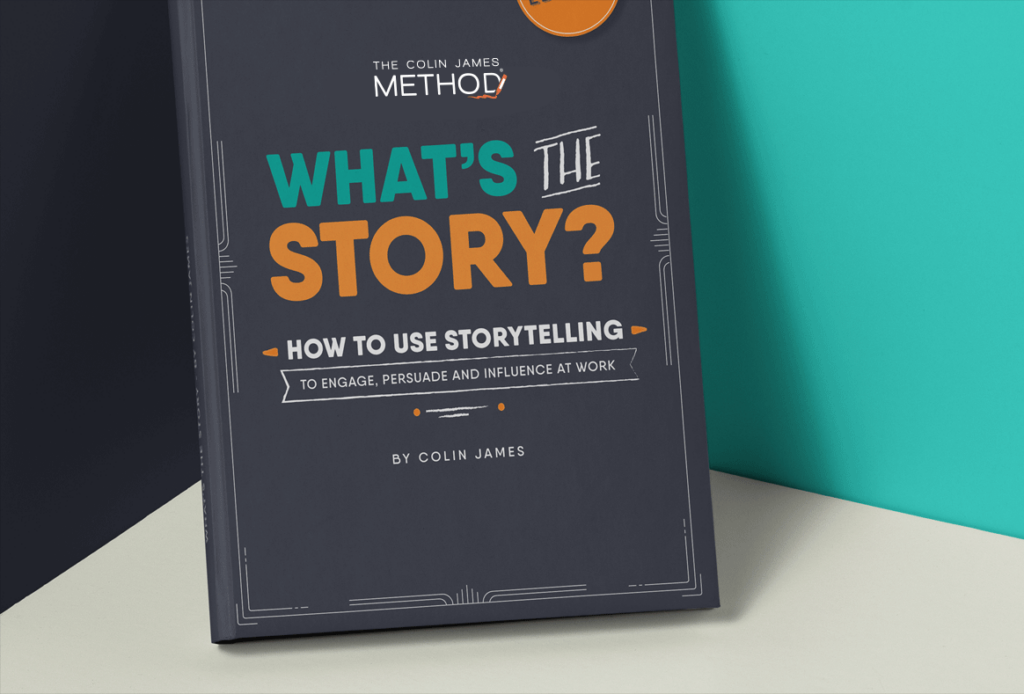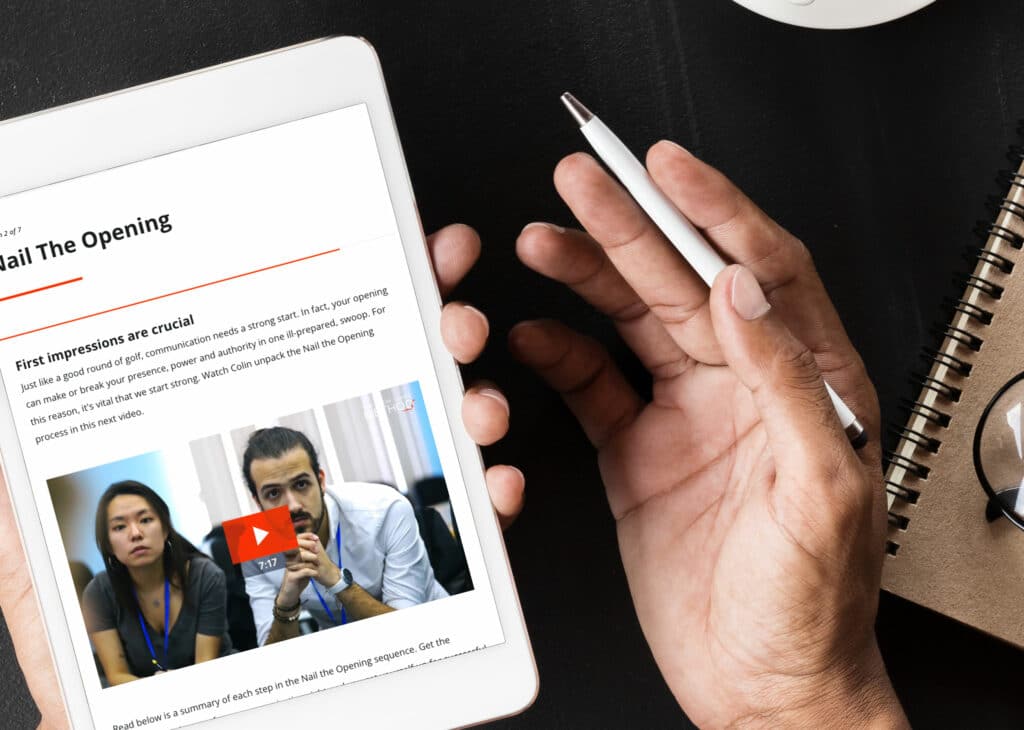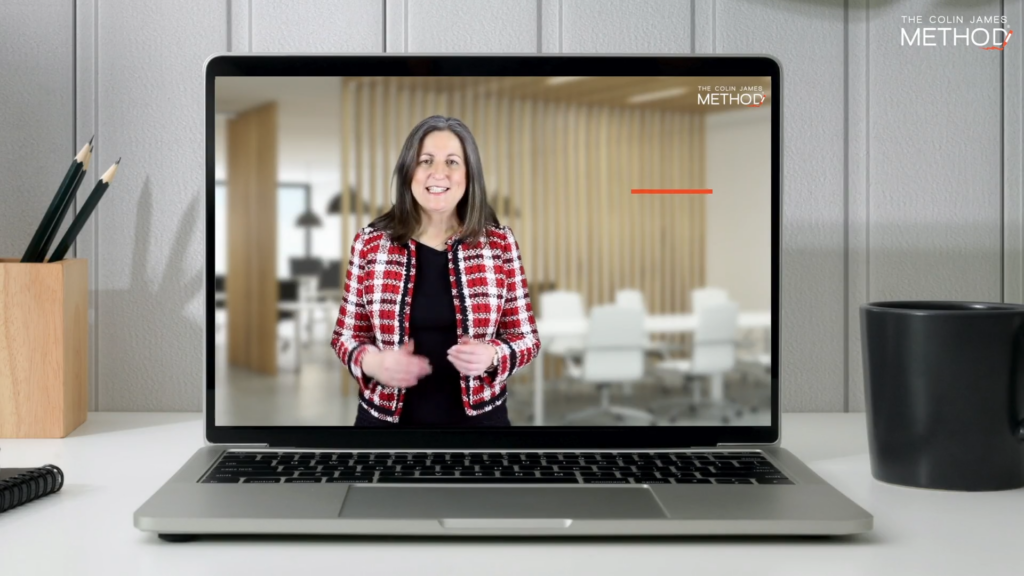Introduction
When people think of effective communication, they generally think about words. The written and spoken word is the most easily recognisable form of communication in the modern workplace.
In fact, as the workplace continues to advance digitally, words are becoming one of the most important communication techniques for ambitious and future leaders. Why? Because the pace of the workplace is increasing; we have less time to absorb and understand the meaning of workplace communication and we’re under more pressure to deliver results.
Not only that, but in this age of digital transformation and collaboration, we have more channels through which to communicate. The rise of electronic mail and messaging has brought with it considerable opportunities for the efficient delivery of words, but also several challenges.
Written communication lacks the subtle signals that make face-to-face communication so powerful – things like tone of voice, facial expression and body language. So it’s easy to get it wrong.
The Power of Words in the Workplace
Words used poorly can create failure, disconnection and disengagement. Think of every meeting or presentation you’ve ever been to that was heavily laden with corporate jargon and utterly meaningless because of it. Or situations that escalated unnecessarily because of unskilful use of words and misunderstandings.
Words are extraordinarily powerful. Used skilfully, they can generate encouragement, purpose, even peace. But used negatively, they can be weapons of conflict, confusion and fear.
So, how can team and business leaders use words – and only words – to increase their influence, deliver the most impactful message and get better results? This is what we’re going to focus on today with some simple but effective communication techniques that harness the power of words.
How to Improve Communication Skills With the Power of Words
Learning how to communicate effectively is a skill that every ambitious and conscientious leader should learn. Here are 5 communication techniques that will help you to choose and deliver your words with energy and power.
1. Structure
Martin Luther King, and virtually any great orator you can think of, understood how sentence structure can be used to engage the audience, build emotion and inspire a following. He understood that there is a pleasing way for the ear to hear words, encouraging agreement with and trust in the communicator.
A classic rhetorical device is to build emphasis by structuring important words or sentences that share similar length and rhythm in threes. It’s called the tricolon. Here’s an example:
“And when the night grows dark, when injustice weighs heavy on our hearts, when our best-laid plans seem beyond our reach, let us think of Madiba and the words that brought him comfort within the four walls of his cell…”
— Barack Obama, Memorial Service for Nelson Mandela, 10 December 2013
2. CPD
Paramedics use CPR to save people. Here at Colin James Method, we use CPD to save people’s presentations.
C is for Concept
P is for Principles
D is for Details
Your concept should be very clear. Think of it as your headline. It’s the overarching message you want to communicate, so it needs to be easily understood. This concept is then broken down into 3-5 principles or key points – think of it as the chapters of your speech. Finally, you can flesh these out with details. Structuring your communication this way will ensure you keep to the point and make your case well.
3. Planning
As a leader, you should never be “winging it” when it comes to communicating with your team or superiors. One of the most powerful communication techniques I can share with you is to plan quickly for every communication.
Who are you going to be communicating with? What is their cultural background, professional experience, personality and passion? What do they need to hear in order to get the desired result? What sort of a communicator are they? All of these are really important questions to consider when planning and choosing your words.
4. Space
Don’t be afraid to give yourself plenty of space between communication and response. This is valuable time in which you can consider your words carefully. Use this space to notice the words that are in your own thoughts – are they positive or negative? How can you frame a response differently to get a better result?
Space can also be used very effectively to pause for effect. Saying nothing has long been used as a powerful negotiation tactic, and it’s frequently used in theatrical and business presentations to allow the audience to reflect on a pertinent point or poignant moment.
5. Meaning
Every word you choose should have a role to play in effectively conveying your message. Buzzwords and corporate jargon are a no-no. They’re the fallback of lazy managers who don’t want to explain their meaning.
There are also subtle but important differences between speaking in the affirmative vs. the negative. For example, “you are” as opposed to “you are not”. Consider also how words can impact identity; for example, “I am angry” vs. “I feel angry”. The latter describes a temporary emotional state, while the former suggests a more permanent character trait.
These five simple communication techniques will ensure there’s more positive power in your words. Find out even more in our free influence training video. How will you use your words and communicate more effectively in 2020?
The Colin James Method® Facilitators train corporate executives to improve their professional communication skills with a proven methodology. Our highly trained Facilitators and Coaches are recognised for their experience in their fields and have worked with many individuals and organisations around the world to master the art of communication.











